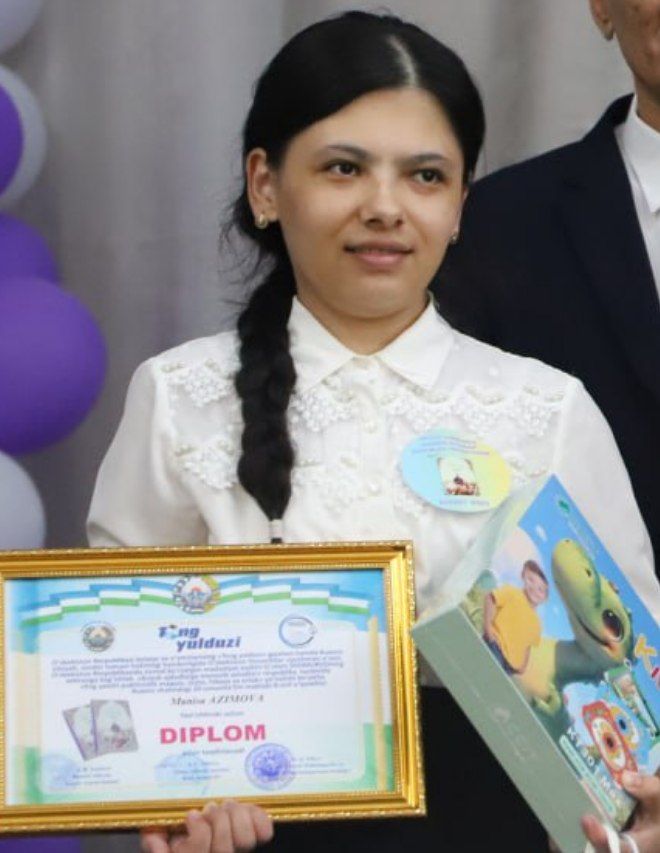1) Everything Gonna Be All Right
(or, Trading Body Blows with
the Ghost of Victor Smith)
The night was thick, black and nasty
and my mattress was a raft drifting down
a mighty Mississippi of memory,
a Viking longboat in which my broken
warrior-poet’s form had been placed
and sent downstream through the silver-grey mists
of eternity and on to the far bright shores of my
forefathers and their fathers before them,
only to be turned away from those fearsome
gates for being insufficiently deceased.
And, lately, it seems like I’ve been waking up
in the middle of varying stages of dream-state
at all my former places of residence, feeling around
the bed for some imaginary former spouse
or significant other, freaking out about
being late to some former place of employment
and whatever it is I’m gonna say (this time?)
to placate whichever former employer.
I can’t help but believe if things continue
at this rate, eventually, I’ll bolt awake thinking
I’m late for my first day of kindergarten (though,
hopefully my mother will also be on hand to say,
It’s OK, little man. It’s only Saturday. Go out and play).
And then there’s that recurring one where,
in what some new age, metaphysical,
guided meditation counselor type might
call a deep subterranean cave of me,
some here-to-fore unknown (or merely suspected)
part of me suddenly cracks and snaps off
like a massive icicle or stalactite, morphing
on its way down into another more fully actualized me,
a new and improved me, you could say,
and hits the ground running like Jesse Owens
at the ’36 Olympics.
And let’s just say, for the sake of the poem
(and your, most likely, all-too-brief relationship with it),
that this new and improved me is actually you
and it’s not a slimy or treacherous cave floor
that your feet have found but a cool, rain-slicked street
late at night in some industrial part of town
you don’t recognize.
And just over there to the right,
maybe fifty, sixty feet away at most,
there’s a freight train blowing out
its big, brassy basso profundo
as it slows down to take the curve
and it’s not even an issue of nerve
or wanting it bad enough ‘cause you know
you can make it this time, man,
and you don’t even have a suitcase
or bag or nothing,
but that shit don’t even matter ‘cause everything’s
gonna be different from here on out if you can
just catch that train, man, everything gonna be just fine
if you can just keep runnin’ and sayin’ it
and sayin’ it and sayin’ it:
everything gonna be alright,
everything gonna be alright,
everything gonna be alright,
everything…
2) Wide, Low and Slow
Broke
down
Massy-
Furgeson,
abandoned and left
for dead somewhere out here near what
must be, more or less, the middle of this over-grown
cornfield, smack-dab on the Kansas / Missouri
border, who knows how many years ago,
upon which the scarecrow of an old cracked plaster
mannequin (with straw cowboy hat
and canvas gloves) is
casually
straddled,
as
if
he
were
kickin’
way back and
rolling: wide, low and
slow, down the boulevard of time,
like he aint got a motherfuckin’ care in the world,
and, with there nothing else to do and no where
else to be, who knows, maybe he doesn’t.
3) Old Man with a Cane
Leaning on a Mailbox, by
the Side of the Road
There’s an old man with
a cane, leaning on a mail-
box full of bullet
holes, by the side of
a two-lane highway, and an
18-wheeler is
rounding the curve, just
about a quarter-mile down
the road (coming to
us from Cooper Hill,
Mt. Sterling, Rosebud and parts
unknown (and beyond):
a yellow butter-
fly caught in its grill, a red
balloon tied to the
passenger-side rear-
view mirror, a hawk hanging
on the bright blue wind.
4) 50% off
It was a store that
specialized in used past lives
and even had a
discount bin near the counter
where you could get as much as
50% off somedays.
5) Strange Bright Birds
I
think
about
those women,
sometimes, who fluttered
in and out of my life, every
now and then, like strange, bright birds with the power to stop
my heart, my breathing, my ability to speak
or think, even, the spinning of the
earth, hell, time itself, and I wonder where some of them
are these days, all these years later,
where their lives lead them,
and did some-
one, for
some
of
them
at
least, turn
out to be
the “one” about which
so many movies and novels and
songs are cranked out every year, but what
I guess I mostly think about are all the things
I could have done differently.
Jason Ryberg is the author of twenty-two books of
poetry, six screenplays, a few short stories, a box full
of folders, notebooks and scraps of paper that could
one day be (loosely) construed as a novel, and countless
love letters (never sent). He is currently an artist-in-
residence at both The Prospero Institute of Disquieted
P/o/e/t/i/c/s and the Osage Arts Community, and is an
editor and designer at Spartan Books. His work has
appeared in As it Ought to Be, Up the Staircase Quarterly,
Thimble Literary Magazine, I-70 Review, Main Street Rag,
The Arkansas Review and various other journals and
anthologies. His latest collection of poems is “Bullet Holes
in the Mailbox (Cigarette Burns in the Sheets) Back of the
Class Press, 2024)).” He lives part-time in Kansas City, MO
with a rooster named Little Red and a Billy-goat named
Giuseppe, and part-time somewhere in the Ozarks,
near the Gasconade River, where there are also many
strange and wonderful woodland critters.




